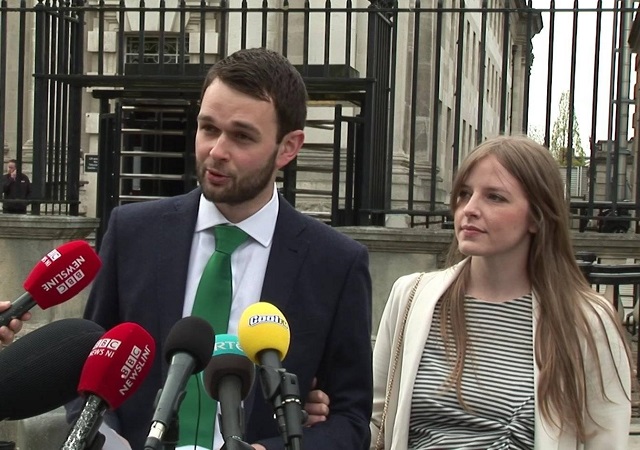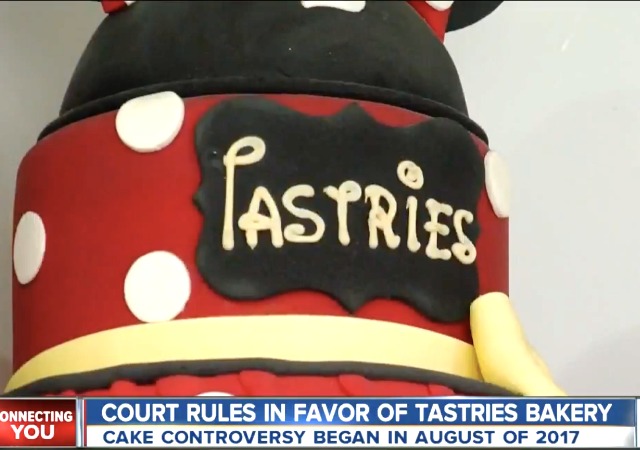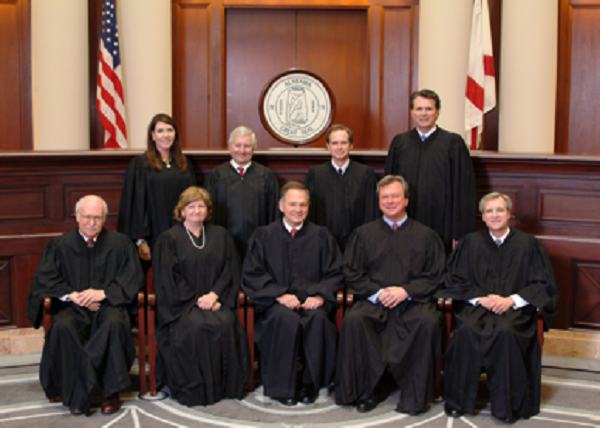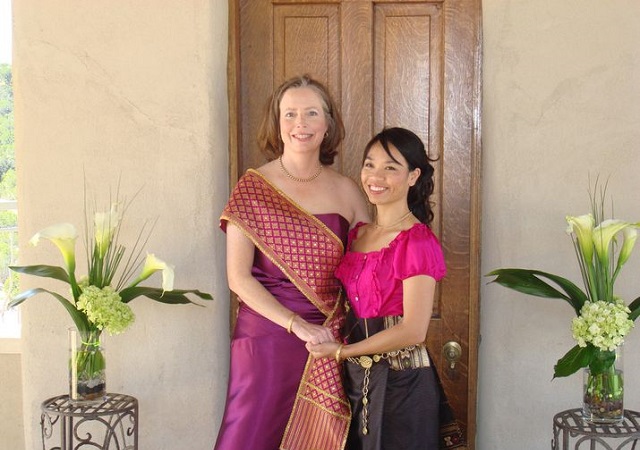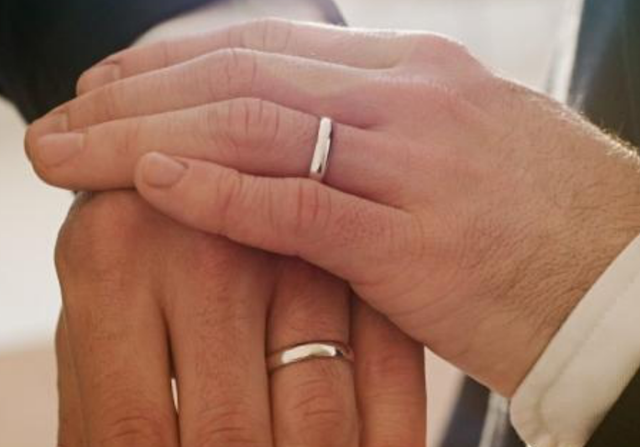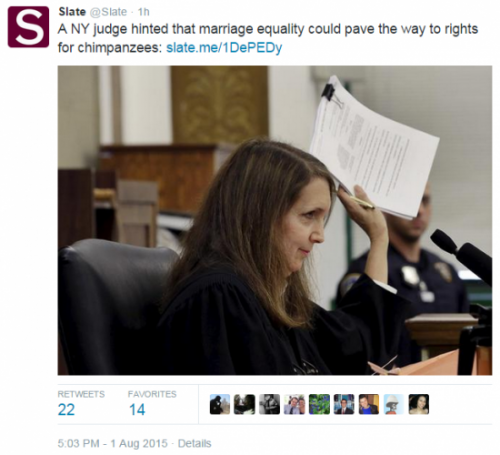When the U.S. Supreme Court ruled that there was a right under the Fourteenth Amendment to gay marriage in
Obergefell v. Hodges, this meant that the marriage laws in each of the states had to be interpreted without discriminating against same-sex couples.
As I wrote
here last month, "[f]or gay couples living in a state that allows common-law marriage, especially those states that did not allow gay marriage prior to the
Obergefell decision, they may find themselves meeting their state’s definition of a common-law marriage."
Now, this has become a reality. A judge in Texas has issued a ruling recognizing a same-sex common-law marriage.
Key issue: Did the couple hold themselves out to the public as married?
In most cases where the court is attempting to determine if a common-law marriage exists, the key legal inquiry is whether the couple had held themselves out to the public as married. With many gay couples having wedding celebrations even before their states legally recognized them, and calling each other "husband and husband" or "wife and wife," that certainly seems likely to meet the standard to establish a common-law marriage.
That was the reasoning used by Travis County Probate Judge Guy Herman earlier this week, finding that two Austin women were in a common-law marriage.
As the Austin American-Statesman reported, Stella Powell and Sonemaly Phrasavath began dating in 2006. In 2008, they had a wedding ceremony performed by a Zen Buddhist priest even though Texas did not recognize gay marriage at that time. Powell and Phrasavath also "lived openly as spouses in a Northwest Austin home," according to the
Statesman, until Powell passed away from cancer in 2014.





